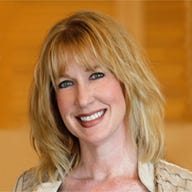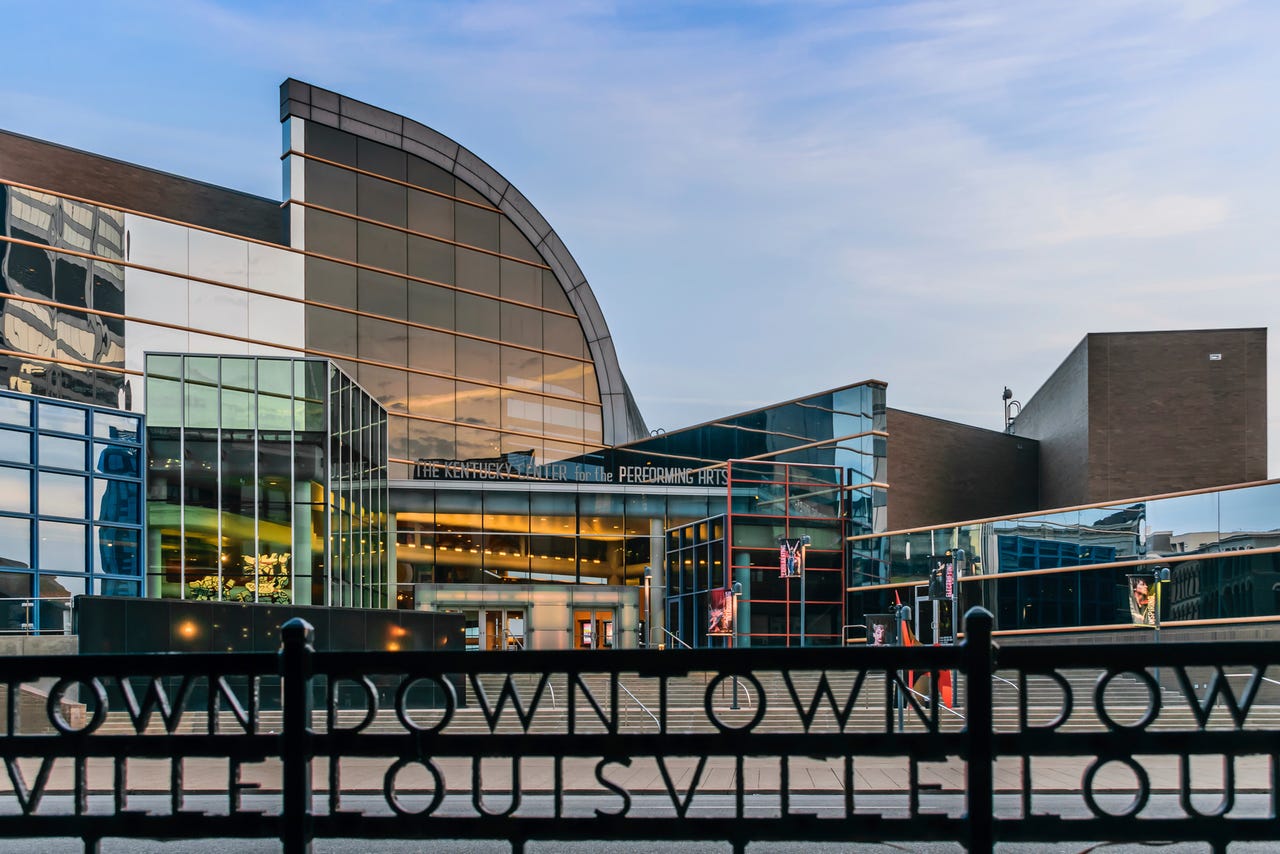How the city of Louisville is using IoT and big data


The government of Louisville, Ky. collects data and analyzes it to improve the lives of citizens.
One of the most important components of a smart city is gathering data and analyzing the results to provide information that can be used to better serve the community. Much of this vast amount of data is collected through IoT-connected devices and sensors.
Louisville, Ky. is in the early stages of becoming a smart city. In Louisville, big data is being collected from devices such as GPS-enabled asthma inhalers that provide air quality information to help citizens with breathing conditions. It also uses low-cost wireless smoke detectors in vacant and abandoned properties to alert firefighters of a fire before flames spread to surrounding homes, said Grace Simrall, the new chief of civic innovation for Louisville.
Open data is an important resource for smart cities, and in Louisville the data is available online at an open data portal. The city is also developing a strategy for collecting and using city data and hired Michael Schnuerle as its first data officer in early October. Schnuerle is the co-founder of the Civic Data Alliance, a nonprofit that focuses on using data and computer coding for civic projects. It is the Louisville chapter of Code for America. In his role with the Civic Data Alliance, Schnuerle helped to build civic technology products such as real-time bus tracking for TARC and Google, a tree canopy analysis, and city navigation for the visually impaired.
The city also works with Waze, a mobile traffic app that delivers big data to Google through opt-in sensors on mobile phones.
"Waze allows citizens to know traffic conditions, but it also helps metro government understand conditions on the roadways," Simrall said. "We've recently validated the aggregated timing data we receive from Waze against the results of a traditional traffic study conducted by a consultant. The Waze data proved itself enough to help identify congestion hotspots and for in-house signal re-timing efforts." This means that traffic lights could be retimed if Waze traffic data determines it's needed.
Big data can also be used for predictive analytics to determine what is likely to happen and prevent it, if necessary. Louisville is in the early stages of analyzing this type of data, but the options are nearly limitless.
Simrall said she's working with the city to build additional data-driven solutions to help citizens, but didn't elaborate on what's in the works.
Jennifer James, director of smart city solutions for Black & Veatch, works with cities on smart city planning. She hasn't worked directly with Louisville officials, but she has worked within the state of Kentucky, and said she's been impressed with what she has seen going on in Louisville because "Louisville has been doing a really good job with engaging its constituents."
Measuring data from various sensors can have a positive impact on the health of citizens, she said.
"One thing I'm seeing with air quality and other cities doing similar things like Louisville is how you can change behavior based upon the data that's coming from all of these new places including people and mobile phones and sensors on streetlights and smart wi-fi kiosks, for instance. All of those things are enabling us to have a lot more understanding about how people and machines are moving throughout city systems, and it enables us to get pretty granular in terms of air quality. You could even redirect traffic if air quality in a certain area is getting bad," James said, since reducing traffic would decrease carbon emissions.
In Louisville, the city contributes data to open source communities such as GitHub, Simrall said.
"We're fortunate to have citizens and entrepreneurs who are creative and tech-savvy--and they're cooperative. We've taken recent steps to give even more of a boost to our civic innovation community, such as the launch of an innovation advisory board and the upcoming opening of a space where citizen innovators can meet with us to discuss their ideas," Simrall said.
Additional data will be collected from the CNET Smart Urban Home in Louisville. Simrall said, "We are particularly excited about the opening of the LouieLab and our co-location with the CNET Smart Urban Home. It will be an opportunity for us to demonstrate how the smart city could potentially intersect with the smart home. We encourage our citizen scientists to co-create with us in the space."
See also:
- TechRepublic to partner with CNET and City of Louisville to connect smart cities to professionals and their living spaces (TechRepublic)
- IoT devices can be hacked in minutes, warn researchers (ZDNet)
- The world's smartest cities: What IoT and smart governments will mean for you (TechRepublic)
- CNET smart home (CNET)
- Verizon targets smart city growth with acquisition of Sensity Systems (TechRepublic)